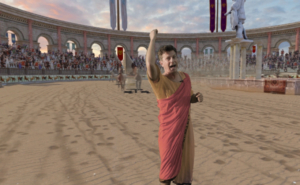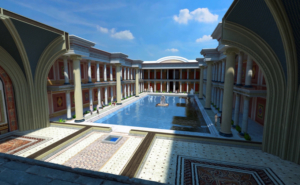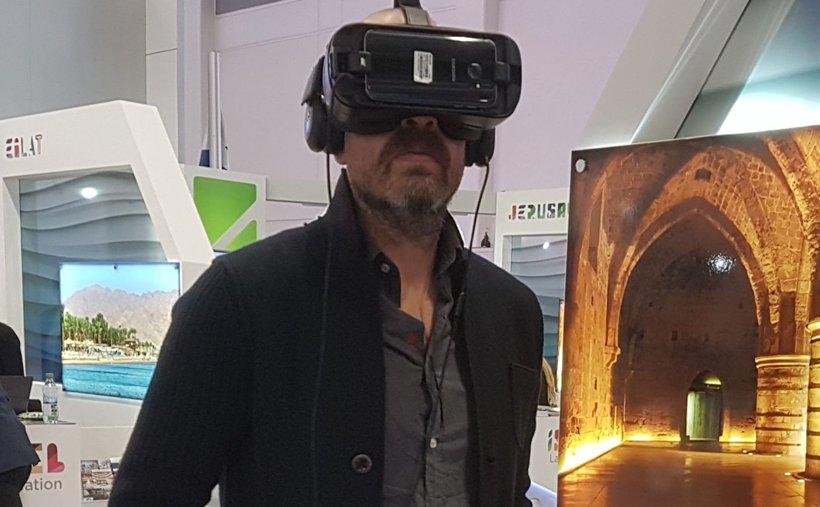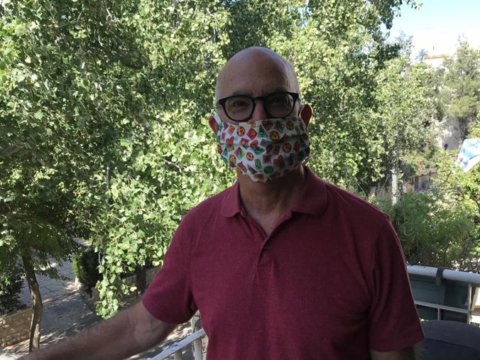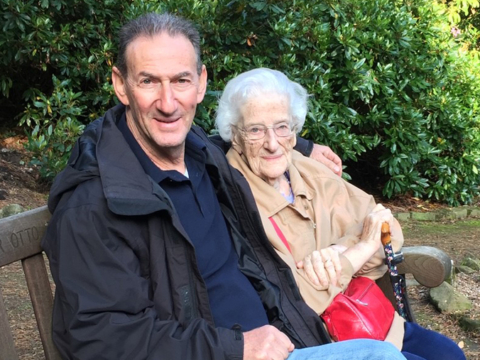Old stories in a virtual age
Picture this: You’re visiting Caesarea in 2018, gazing at the remains of the ancient Roman stronghold in Israel. And then, like magic or in a dream, the past becomes the present. You’re transported to Herod’s palace, living in its luxury, surrounded by the massive pool, the mosaics and statues of the gods, the great columns and halls. Then, hey presto, you’re part of the baying crowd at the Roman theater of 2,000 years ago as the horses race around you. You can almost touch the jugglers and the clowns.
As Roi says, you can now experience this scenario rather than just imagine it. Just strap on some “time goggles” and see, hear and feel history brought to life. Roi is the co-founder of ArchTour, who create virtual reality experiences for sites, museums and visitor centers in Israel and around the world. Roi considered calling the company “WOW” because that is usually the first word people say when they take off the goggles.
It all began five years ago as the ArchTour founders were making their way through the history-saturated streets of Rome. “We started thinking about how cool it would be to use virtual reality tools to let people experience the past.” Israel was their first focus. “There are so many great stories to tell here and an openness towards technological innovation. When we began, there was virtually no ecosystem. But smartphone technology means everything is evolving so quickly. There has been an explosion in terms of what our studio of VR and software development experts, 3D artists, animators and others can achieve in terms of technology and content.”
It is content and story-telling that gets Roi’s motor revving. “We don’t want to provide only an immersive, fun experience. It also needs to be educational and authentic,” he says. Roi has been surprised that archaeologists, historians and those involved in sites are so enthusiastic about virtual reality. They don’t see it as a threat but rather as “an efficient and exciting way” to bring history to people.
It’s anyone’s guess where virtual reality (and its close kin, augmented reality) will ultimately take us. Roi believes that there are huge philosophical questions surrounding technology and whether it’s being used for good purposes, for humanity. “I don’t want to help create a time when you can experience the world without leaving your house. That’s why we use VR not as an end in itself but as a means to tell a story. We’re telling old stories in a new way to a new generation.”
